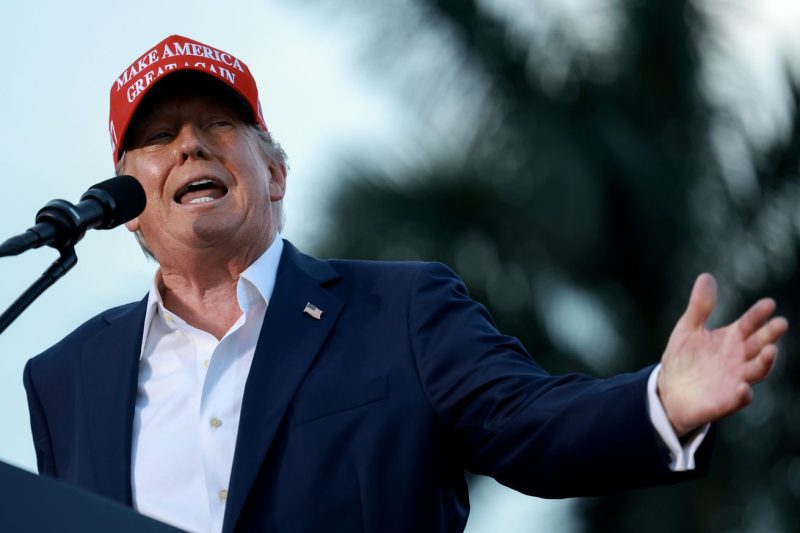The recent decision by Meta (formerly Facebook) to lift restrictions on former President Donald Trump’s accounts on both Facebook and Instagram has sparked a heated debate among users and observers. This move comes after Trump was banned from the platforms following the Capitol riot on January 6, 2021. Meta’s decision to reinstate Trump’s accounts has raised questions about the platform’s role in regulating free speech and misinformation, as well as its influence on political discourse.
The ban on Trump’s accounts was initially implemented due to concerns over his posts inciting violence and spreading false information. Meta, along with other social media platforms, faced pressure to take action against hate speech and disinformation circulating on their platforms. However, the decision to lift the ban and allow Trump back on these platforms has been met with mixed reactions.
Supporters of the decision argue that it is a step towards upholding free speech and allowing individuals to express their opinions, regardless of their political affiliation. They view Meta’s move as a sign of the platform’s commitment to promoting dialogue and debate, even if it means allowing controversial figures back on their platforms.
On the other hand, critics argue that lifting the ban on Trump’s accounts sends the wrong message and undermines efforts to curb misinformation and hate speech online. They point to the role that social media platforms play in shaping public opinion and argue that allowing Trump a platform could lead to further polarization and division among users.
Moreover, Meta’s decision has also raised questions about the influence of Big Tech companies on political discourse and the power they wield in shaping public opinion. Critics of Meta’s move argue that such decisions should not be left to a handful of corporations and that there should be more transparency and accountability in how these platforms moderate content.
In conclusion, Meta’s decision to lift restrictions on Trump’s Facebook and Instagram accounts has reignited debates surrounding free speech, misinformation, and the role of social media platforms in shaping public discourse. While some view it as a move towards promoting open dialogue, others criticize it as a step back in the fight against hate speech and disinformation. This decision highlights the complex challenges that platforms like Meta face in balancing free speech with the need to ensure a safe and inclusive online environment for all users.

